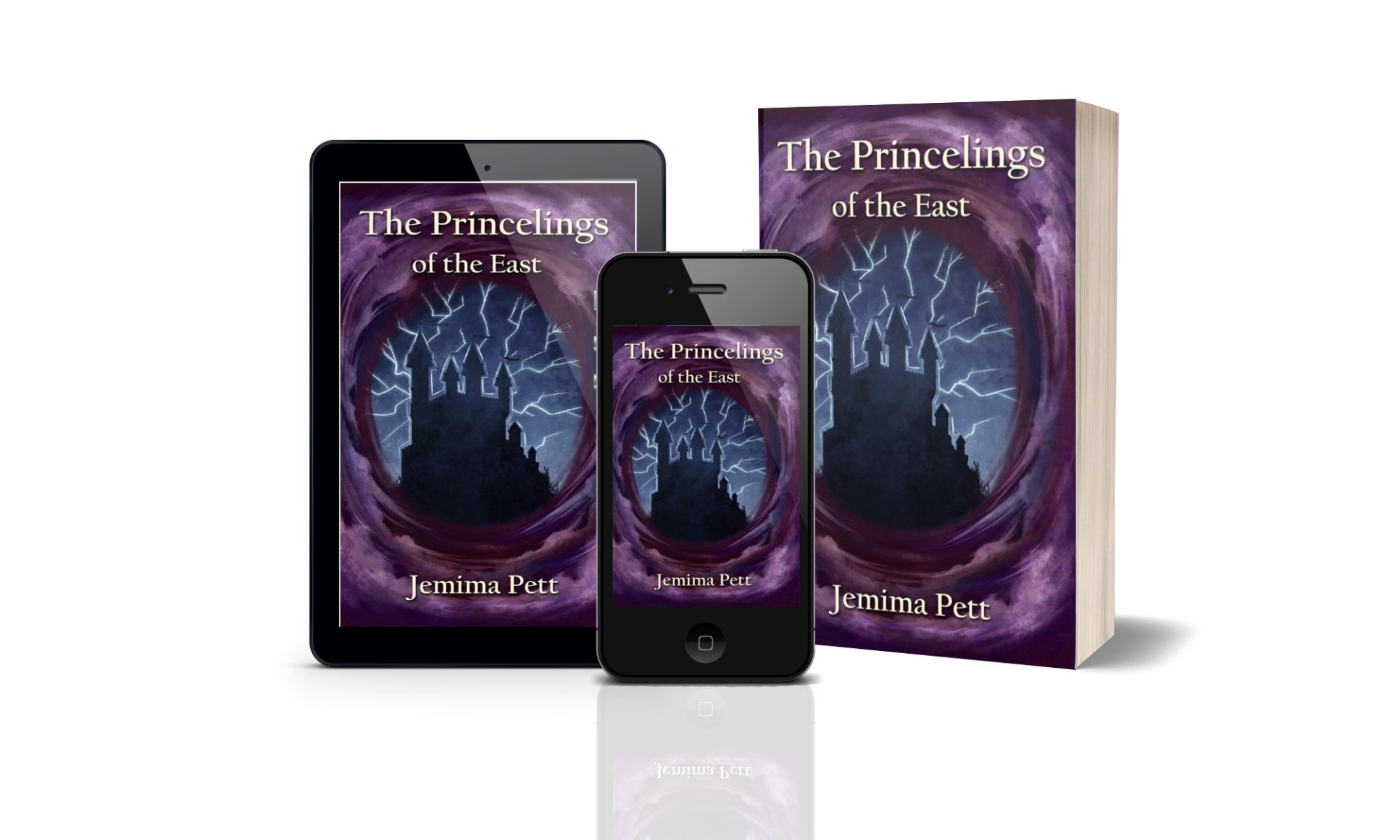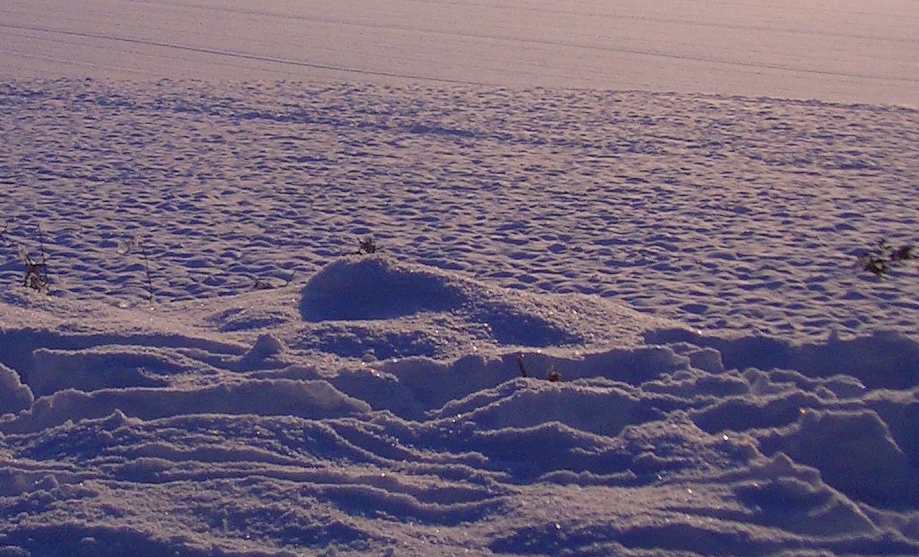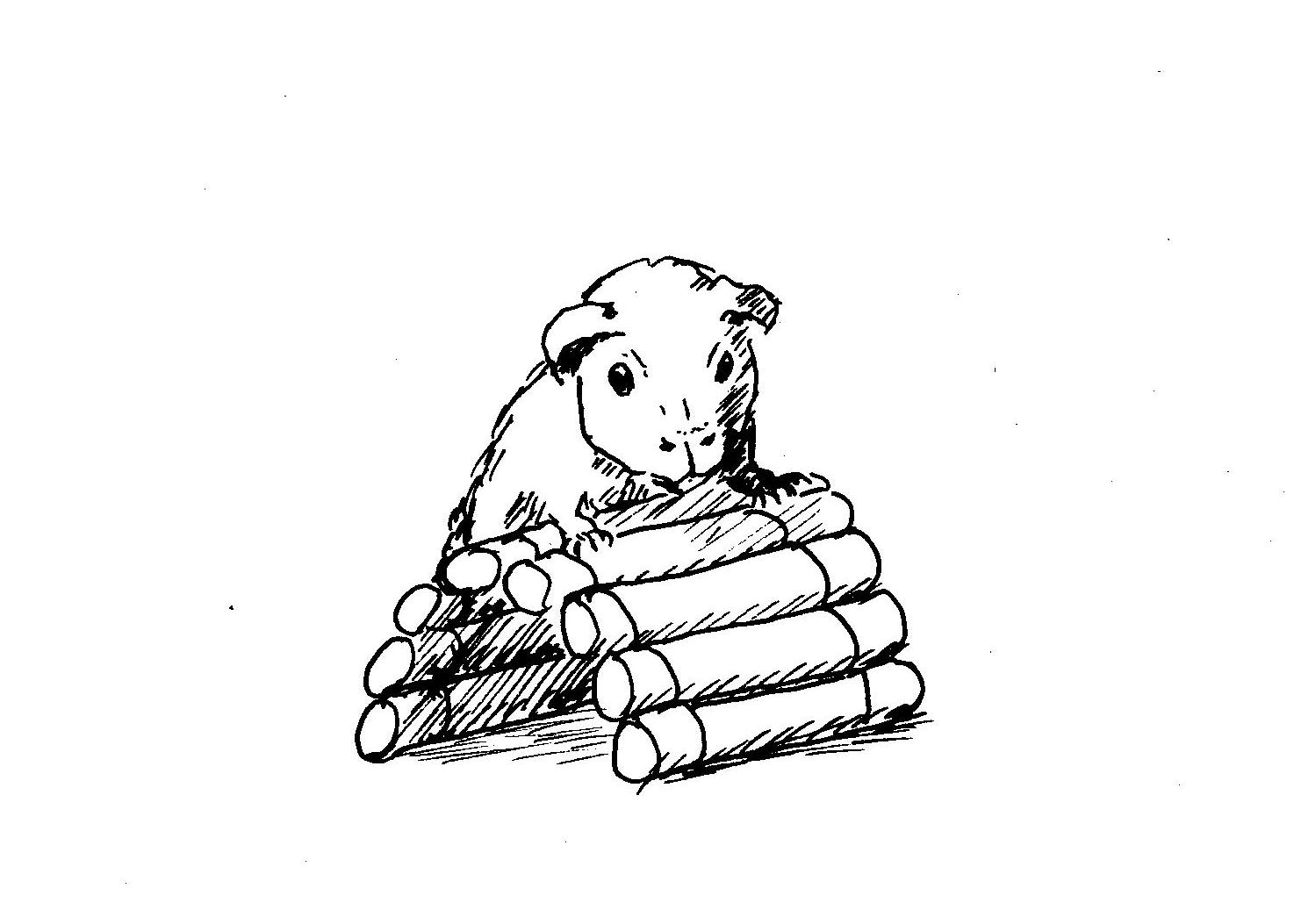Willoughby the Narrator with the third of his tales in the Castle Marsh Yuletide Narrathon. This one is in two parts, and as you will see, owes a huge debt to Mr Dickens.
The Solstice Ghosts (1)
What used to be the castle’s Small Hall was overflowing with revellers, since the snow was blasting round the courtyard and against the eastern walls. Everyone had taken refuge there, which was the best place, since the food was served at one end, and the rest of the area served as the castle’s communal dining room, or refectory. It was big enough to cope, usually, but this afternoon everyone wanted to be there at once, so they sat on tables, benches, and curled up in each other’s laps. The gallery was full too, and they all wanted another story.
“Well, if you don’t mind me going out of turn,” said Willoughby, standing on the emptiest of the serving tables, “I’ll do another one. I don’t want you to go to bed straight afterwards, though, because it’s a ghost story!” His voice went all funny as he said ghost story, and many of the audience went ‘oo-ooh’ in spooky voices. Willoughby waited while the kitchen staff cleared the table he was on, assisted by some youngsters who filled some baskets and scurried back up to the gallery with them.
“If you’re all sitting or standing as comfortably as you’re going to get,” he paused while some latecomers slipped in at the back and wormed their way through, “then I’ll begin. Oh, wait one more minute for George to get settled.” Everyone laughed as Prince Engineer George entered from the side steps in the corner, a short cut from his laboratory.
“Well, then,” started Willoughby. “It was a day just such as this, in a castle not like this one at all. It must have been a Seat of Learning for Business and Organisation, because there were many people there who worked in the business of accounts and paperwork. You’ve never heard of those, have you? No, I thought not. Castle Marsh never seems too worried about paperwork!”
There were lots of giggles, especially among the people who had settled in Castle Marsh from other parts of the realms in recent years. One of the best things about Marsh was its warm welcome with no papers required. The interview with the security team could be quite an ordeal, though.
“In this place was an office ruled by a person called Drood. He had several apprentices under him, and one journeyman called Bob. You haven’t any journeymen called Bob, of course…” loud laughter. Bob was a common name, and several journeymen, engineers and natural philosophers, as well as other castlefolk, were named Bob. “Well, this one had been a journeyman for so long, he had grown a long red beard,” more laughter; people nudged themselves and looked over to where a fine bearded Bob sat with his wife and youngsters. “And he had to work very hard to be allowed enough time to work the fields and make things for his wife and family. He felt he owed it to the castle, since he had a large family, and one of them was a poor wee boy with a crooked leg and a sickly constitution, who received much care from those who knew about his illnesses. Drood didn’t see it like that at all. As far as he was concerned all his apprentices, and his journeyman, should work from dawn to dusk, and later, to make sure that Drood remained as important as possible. He didn’t take time off to make things for his family, so he didn’t see why anyone else should. Of course, he didn’t make time for family because he didn’t have a family, except one nephew, and who would blame any acquaintances for not getting involved with such a mean-spirited person?
“Well, it was Solstice eve, and everyone was getting ready for the festivities to start, except for Drood, who kept his workers working, right up until the finishing bell. He muttered and groaned when they skipped out of the door at the first ‘ting’ of the bell, and called to Bob to finish what he was doing, since he wouldn’t be working on it the next day. ‘Has to be done tonight,’ he grumped.
“Bob sighed, and got back to work, but thought about the wooden toys he needed to finish. He’d manage somehow, he thought. Suddenly the door swung open. ‘Good evening, Uncle, still working?’ said a cheery voice.
“’What else would I be doing?’ grumped Drood.
“’Why, getting ready for Solstice, of course,’ said his nephew. ‘But we knew you wouldn’t so I’m here to invite you to our dinner tomorrow. Will you come?’
“Bah, humbug,’ said Drood. ‘Waste of food and time, having a festival. People should be working!’
“Well, I think one day, or just a few, in the middle of winter, won’t make much difference. And it cheers everyone up!’
“’And why should people be cheered up?’ asked Drood, and turned away so he didn’t have to listen to all the good reasons his nephew put forward. The nephew gave up and left, and Bob stood up soon after, putting his books away. ‘Finished, Mr Drood, so I’ll be off now, and I wish you a happy Solstice and health and peace of the season.’
“’Bah!’ was all Drood said, but he closed the door on the workshop after Bob left and stepped out into the cold night.
“It wasn’t far to go, but Drood lived in a quiet, dark part of the castle, and he kept feeling that something was following him home. Three times he stopped and looked, even calling out ‘who’s there?’ but he could see no-one. He pushed his way into his large, dark room, ladled out some cold water from under the ice in his bucket, scraped some dirt off a carrot, and sat by his bed to eat his evening meal, such as it was.
“What was that noise? He was sure he heard something. A clanking noise, or maybe moaning. ‘Just the wind’, he told himself, and checked the fastening on the window and pulled a blanket round his shoulders.
“The noise came again, definitely a rustling noise, and the sound of heavy chains dragging on the ground. Drood pulled the blanket over his head in the hope he couldn’t be seen.
“Drood’s door opened, and a blast of even colder air filled the room. Then it shut again. Drood felt an eery presence… and then his blanket was slowly pulled from his head.
“’Well, Drood, are you cowering away hiding from everyone, just like the old days?’
“’Darley, is that you?’” (Willoughby stammered in a croaky, quavery voice, a few octaves higher than usual.)
“’Yes, it’s me you old codger. Ten years since I died and you carried on the business without me, ten years I’ve been wandering the wilds, watching you get more and more crabby. Ten years carrying this great chain around with me, the penalty for all the mean things I did in my miserable life. Well, now I have a miserable death. But it’s nothing to what yours will be, if you don’t change.’
“’Why should I change? It’s nothing to me what you are doing.’
“’Didn’t you hear me? Your chain is three times, nay, five times as long as mine, and heavier too. You’ll lead a miserable death if you don’t mend your ways. Believe me, death is no peace, no satisfaction and no reward, and the only escape is to save someone else from their fate.’
“’Bah!’ said Drood, but it was more to keep his spirits up than anything else. He looked at Darley’s chain, thick heavy metal links, dragging along behind him, going out of the door and down the steps. If his was five times longer, then surely it would reach all the way to the courtyard!
“’You have till tomorrow to mend your ways,’ said Darley, ‘and to help you change your mind, because I can see you’re taking as much notice of me in death as you ever did in life, three Solstice Spirits will appear to you, starting at midnight. Take heed! Take he-e-ed..’ and so saying, he walked straight through the wall, which went transparent so that Drood could see him floating off into the sky and joining in with hundreds of other ghosts, ghastly and grey, wafting past, all dragging heavy chains with signs of their misdeeds attached to the links, and a ghastly wailing filled the air.
“’Bah,’ said Drood pulling his blanket back over his head. ‘The carrot must have been off,’ and he closed his eyes, ready to sleep.”
Willoughby looked at his audience, who looked back at him, in rapt attention. “Will he change his ways, do you think? Well, you‘ll have to wait. I’ll finish the story after a short break!”
“Awww,” the sounds of disappointed listeners rolled around the room. The kitchen staff started ladling out more hot drinks. Willoughby stretched and went outside for a quick run. It was his longest story, and he needed to be fresh to tell what happened at midnight.
… to be continued next week….
(c) J M Pett (and Charles Dickens)





